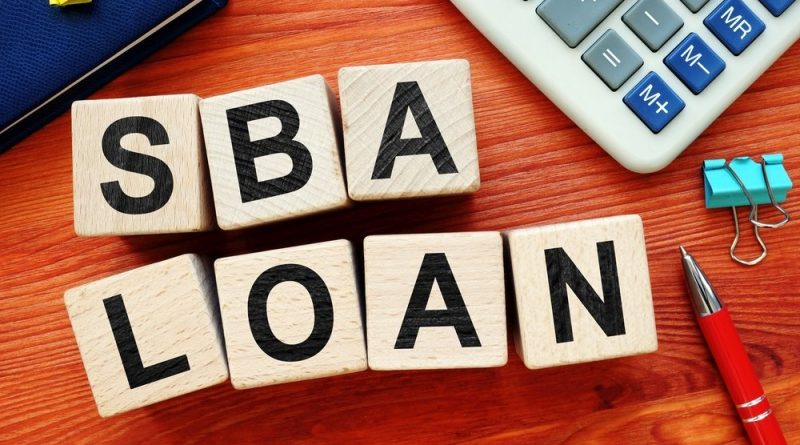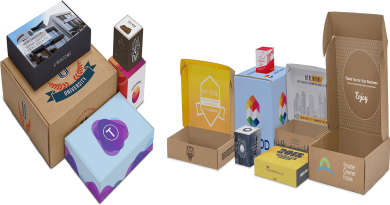Things to Know Before Getting SBA Loans
The Small Business Administration (SBA) is one of the top organizations in the country that help business owners get financial help. Unfortunately, many people do not know that the SBA does not hand out money on its own. Instead, it simply acts as a guarantor and lets the lender know that if the borrower defaults for any reason, the SBA will take over the loan and pay it back. No matter how much a borrower wants to get, they should make sure they know a few things about SBA loans.
Finances are Important
Not everyone who applies for an SBA loan will get one. Many people find that the SBA denies them and never sends their information to a lender because they do not have their finances in order. The borrower must have all of their financial records ready for the SBA. These records need to show how much money their business makes and how much they lost over the last few years. The SBA may also deny loans to people with a poor credit history. This organization wants to reduce the risk of needing to step in and cover the loan later.
Loan Types
Some borrowers do not realize that the SBA offers different types of loans. For example, 7(a) and 7(a) small loans are common. While 7(a) loans of up to $5 million are available, 7(a) small loans cap the maximum amount someone can borrow at $350,000. The SBA also has express loans that borrowers can get faster, and Veterans Advantage express loans for business owners who are veterans. According to Lantern by SoFi, SBA loans are an “affordable form of financing” as sba loan interest rates start at just 2.21 percent. The rate that a business owner gets will depend on the type of loan they get and how much they receive.
Pros and Cons
Borrowers should also look at the pros and cons of SBA loans. SBA loans usually have lower interest rates than other loans do and flexible repayment terms. During disasters and hardships, the organization offers programs that let borrowers defer their loans and stop making payments for six months or longer without worrying about their credit. These loans often have longer terms, too. For example, instead of asking the borrower to pay off the loan in 10 years, the borrower may have 20 to 30 years to pay off their loans. SBA loans have some issues, such as closing, which can take up to 90 days. The organization only offers loans to borrowers who own a minimum of 20 percent of their business and requires that they have a business plan. Those who opened their business less than two years ago will not qualify for an SBA loan.
SBA loans are one of the best ways for business owners to cover costs and expenses. While the loans come from financial institutions, the government organization guarantees the loan. Borrowers should make sure they understand how the process works before they apply for an SBA loan.




